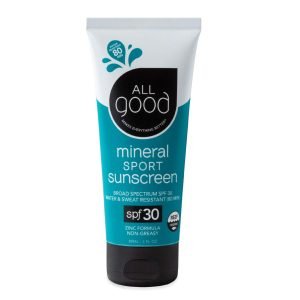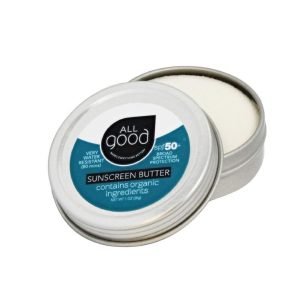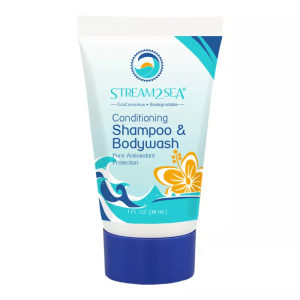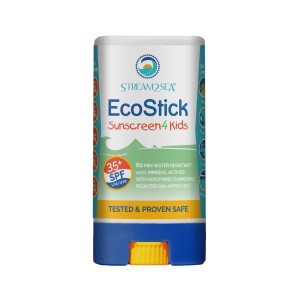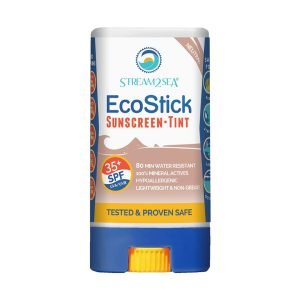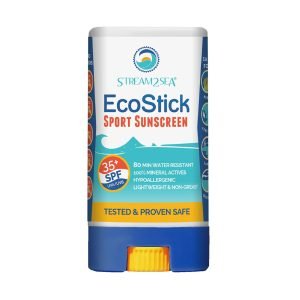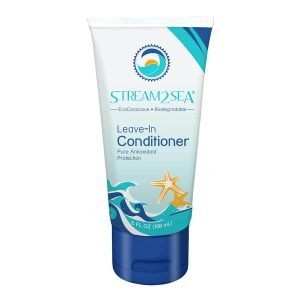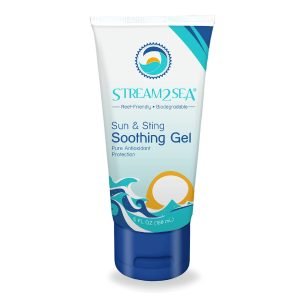Eco Sunscreen
The ocean provides us with a wonderful opportunity to connect with nature and enjoy the water. What can we do to give back? Discover our selection of coral-friendly sunscreens, designed to protect your skin while safeguarding coral reefs and marine ecosystems. Enjoy the sun guilt-free with our eco-conscious and sustainable products free from harmful chemicals.
Choosing Your Eco-friendly Sunscreen
The ocean’s offerings are limitless. What we gain from it extends beyond the physical, its serenity refreshes our spirit. While we establish a bond with nature through the ocean, what can we do to help protect the marine environment in return?
As awareness of environmental issues grows, the demand for coral-friendly sunscreen has surged among consumers. Many conventional sunscreens contain harmful chemicals that can damage coral and disrupt marine life. With coral reefs facing significant threats from climate change and pollution, choosing the right sunscreen is crucial in safeguarding these vital marine ecosystems.
How to Identify Coral-Friendly Sunscreen
When searching for coral-friendly sunscreen, it's essential to know that the term "reef-friendly" is not regulated. This means we can't always trust products labeled as such. Here’s how to ensure your sunscreen is truly safe for coral reefs.
Check the Active Ingredients
Always examine the active ingredients listed on the back of your sunscreen or personal care product. This is crucial for confirming that it doesn't contain harmful chemicals known to damage coral reefs. Make sure your sunscreen does not contain any of the following harmful substances listed on the HEL (Haereticus Environmental Laboratories) list:
Oxybenzone
Octinoxate
Octocrylene
Homosalate
4-Methylbenzylidene Camphor
Para-aminobenzoic acid (PABA)
Parabens
Triclosan
Choose Micron or Non-Nano Mineral Sunscreens
Opt for micron or non-nano mineral sunscreen to avoid nanoparticles. In high concentrations, these smaller particles can be toxic to marine life. Look for products that explicitly state they are "micronized" or "non-nano" to ensure safety. Besides being non-toxic, micronized and non-nano particles have a broad coverage against UVA, UVB, and blue light compared to nanoparticulated variants.
Avoid Spray Sunscreens
Stick with lotion sunscreens rather than sprays or mists, particularly those containing titanium dioxide. Inhalation of this substance can pose health risks to humans, and prolonged exposure could be toxic to various fish and aquatic organisms. Select lotion formulations to protect both your health and the environment.
Reduce Single-Use Plastic Packaging
Select sunscreens that come in eco-friendly containers and packages. Aim for reusable options with high recycled content or biodegradable materials like cardboard, which help minimize single-use plastic waste.
Whether you'reexploring ocean activitiesor simply enjoying time outdoors, understanding the impact of your sunscreen can make a significant difference. Choosing a sunscreen that is genuinely coral-friendly not only shields your skin but also helps preserve our precious marine ecosystems. Always do your research and go for coral-friendly products!Reference: https://savethereef.org/!
All Good Sport Face & Body Sunscreen Lotion
HK$148.00All Good Sunscreen Butter – Coral Reef Safe – Water Resistant
HK$138.00Conditioning Shampoo & Bodywash Travel size 1oz
HK$62.00Stream2sea Reef Safe Mineral Stick Sunscreen 4 Kids For Face and Body SPF 35+
HK$188.00Reef Safe Mineral Stick Sunscreen For Face and Body (Tint) SPF 35+
HK$188.00Reef Safe Mineral Stick Sunscreen For Face and Body SPF 35+
HK$188.00Stream2sea Reef Free Leave-In Hair Conditioner 6oz
HK$188.00Stream2sea Sun & Sting Soothing Gel 6oz
HK$188.00
